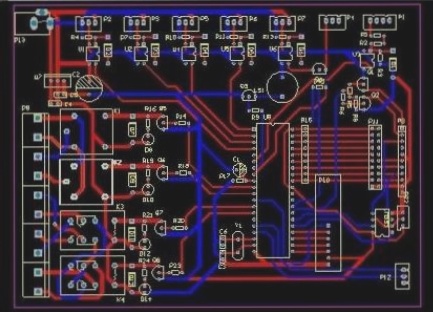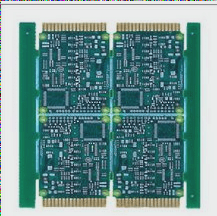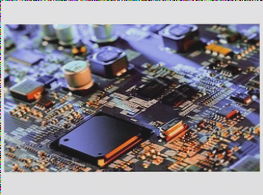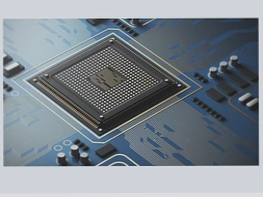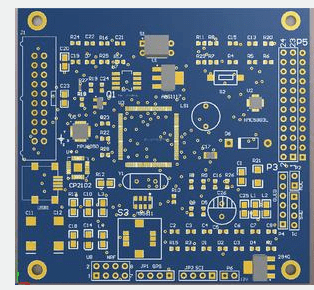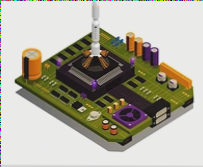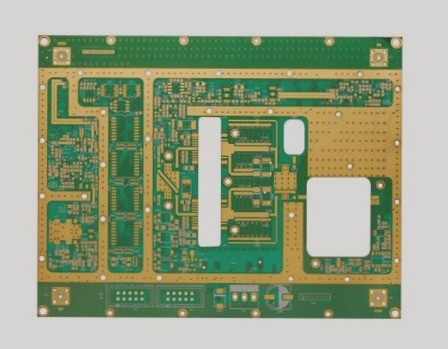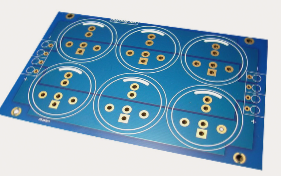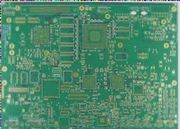What are the key factors influencing the cost of flexible printed circuits (FPC)?
The pricing of FPC flexible circuit boards is influenced by factors such as material variation, manufacturing processes, inherent complexity, customer requirements, manufacturer differences, payment methods, geographic location, plating methods, defect rates, and SMT service costs.
What are the key factors influencing the cost of flexible printed circuits (FPC)? Read More »


